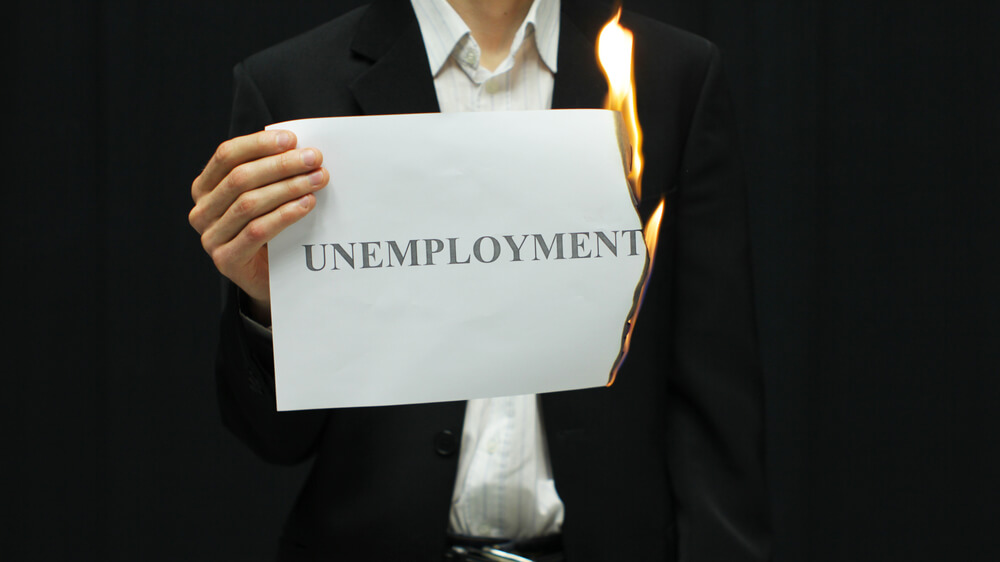The number of jobs posted by U.S. employers declined slightly in September but still exceeded the number of unemployed Americans and remained near a two-decade high.
The report Tuesday from the Labor Department provided the latest evidence that many U.S. companies are straining to fill jobs in the face of a robust job market with low unemployment.
The department said job openings declined 4 percent to roughly 7 million, still close to the highest levels on records dating to December 2000. The number of openings far exceeded the roughly 6 million people who were unemployed in September.
The number of available jobs, in fact, has topped the number of unemployed for six straight months. Steadily strong hiring has lowered the U.S. unemployment rate to a nearly five-decade low of 3.7 percent.
And wages have begun picking up. Average hourly pay rose 3.1 percent in October from a year earlier, the fastest year-over-year gain since 2009, the year the Great Recession ended.
Even with the dip in job openings in September, hiring remains robust. In October, U.S. employers added a strong 250,000 jobs, the government reported last week.
In September, the number of people who quit their jobs was essentially unchanged at around 3.6 million, a record high. A high number of people quitting their jobs is typically an encouraging sign: Most people quit when they have another job lined up or are confident they can find one.
Tuesday’s figures come from the government’s Job Openings and Labor Turnover survey, which tracks the number of openings, quits and hires. They showed several industries with a particular abundance of openings:
Trade, transportation and utilities; professional and business services, which include many higher-paying positions in engineering, accounting and architecture, as well as temporary help; education and health services; health care and social assistance; and hospitality and leisure.
A slight pickup in inflation has eroded some of the value of higher pay. And a storm-related drop in average wages a year ago, resulting from Hurricane Harvey, helped inflate October’s average hourly pay gain.
Still, a broadening rise in wages suggests that the benefits of a healthy economy have been rippling out to more people. A more dynamic job market, with more people quitting and finding new work, typically helps produce higher pay.
With the economy growing at a brisk pace and consumers spending freely, employers are generally optimistic about customer demand and want to hire more.
Employers hired about 5.7 million people in September, down slightly from 5.9 million in August. The new hiring was close to record levels, partly reflecting population growth. The percentage of the workforce that found jobs in September slipped to 3.8 percent from 4 percent in August.
© The Associated Press. All rights reserved.
